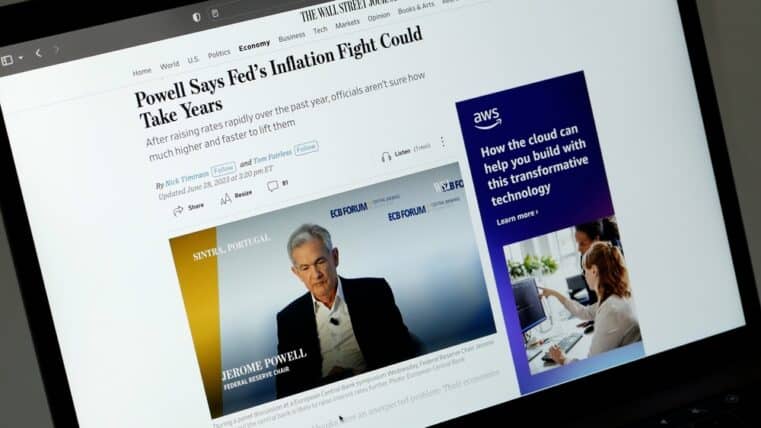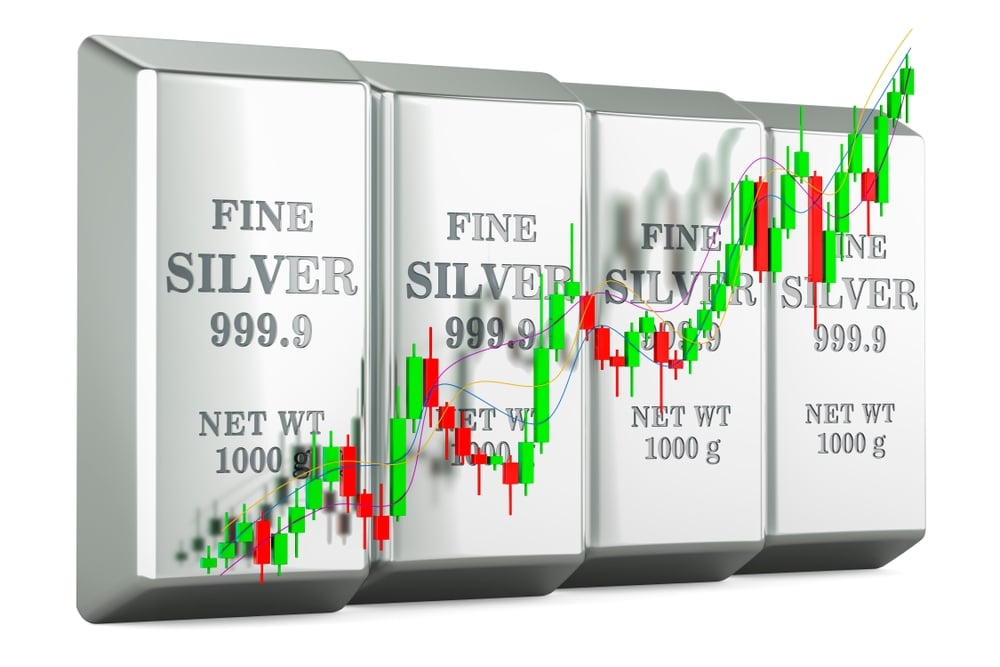
China’s Gold Play: A Silent Coup on the Dollar
Written by Derek Wolfe
China’s Gold Gambit: The Next Chapter in Economic Warfare
China isn’t just important to the future of gold—it is the future of gold. And if you think Beijing’s stumble after its 2020 bubble bust slowed them down, you’ve got another thing coming. Their long-term plan was never just about economic growth. It’s about decoupling from the dollar and building a financial fortress, brick by brick, with gold as the foundation. They know the collapse of trust in fiat currencies is coming, and they’re playing the long game. Meanwhile, the Fed is printing dollars like there’s no tomorrow, hoping we won’t notice the noose tightening.
If China somehow embraced political or economic freedom tomorrow—don’t hold your breath—it might delay gold’s ascension for a bit. But the bigger driver is this: as faith in paper currencies continues to wither, people will need a safe haven. And China is making sure gold fits the bill. They know the U.S. dollar’s reign as the global reserve currency is on borrowed time. Every crisis brings us closer to the moment when people stop asking if the system will collapse—and start asking when.
Why the IMF, Keynesians, and Wall Street Don’t See It Coming
The so-called experts at the IMF and their Keynesian cheerleaders want us to believe that China’s current mess is just about “malinvestment” and “economic mismanagement.” They’re missing the bigger picture. This isn’t just about 80 million empty apartments or sluggish consumer spending. It’s about Beijing realizing that their reliance on the dollar is a liability—and pivoting toward gold, whether the Western world likes it or not.
Here’s the real kicker: the elites are recommending more fiscal and monetary stimulus to patch up China’s wounds. But that’s like giving a pyromaniac a gas can and telling him to put out a fire. In a sound money economy, market forces—the so-called “invisible hands”—would normally push resources into new, productive sectors. But China isn’t interested in playing by the rules of the free market. They’re playing by their own rules, and gold is a key piece on their chessboard.
Foreign investors, especially from the U.S., are skittish about putting money back into post-bubble China. And why wouldn’t they be? Between Beijing’s hostility and Washington’s sanctions, capital is staying far away. But that isn’t stopping China. They’ve found a new path: state spending and inflation disguised as monetary policy. It’s financial repression—plain and simple—and the victims are the people. When wages drop and prices rise, political discontent simmers. And when that pot starts boiling over, Beijing won’t hesitate to turn up the heat.
Gold as a Weapon in Economic Warfare
Chinese savers aren’t stupid. They know what’s coming, and they aren’t parking their wealth in dollars or crypto, which Beijing has crushed underfoot. Gold is their only refuge. And here’s the kicker: China’s government isn’t fighting this gold rush—they’re encouraging it. Private and state holdings of gold in China could already account for 15% of the world’s total gold stock. That’s not a coincidence. It’s a strategy. Gold not only gives the people a sense of security, but it also serves as a pressure valve to keep political unrest from blowing the lid off the regime.
What’s more, Beijing may take things a step further by building an alternative payments network based on gold. Think of it as a gold-backed SWIFT system. If they pull this off, countries friendly to China—those fed up with Washington’s financial arm-twisting—could join. Shanghai would be the hub, and this new “gold bank” system would bypass the dollar entirely.
And don’t think this network will stop at China’s borders. Imagine nations across Asia, Africa, and Latin America cutting deals through a gold-backed system. Every transaction in this network is one less reason for those countries to hold dollars. The empire cracks from within, not with a bang but with a whisper—until it’s too late.
Japan’s Dilemma: Caught Between Two Giants
Japan, as America’s sidekick in the Pacific, is stuck in a tough spot. While the yen crashes and debt piles up, Tokyo clings to U.S. dollar assets like a drowning man to a raft. But that raft is starting to leak. The cozy U.S.-Japan relationship isn’t as rock-solid as it looks. The U.S. wants Japan to toe the line in the economic war against China, but how long can that last? Japan’s reliance on Russian energy from Sakhalin adds another wrinkle—will they stay loyal to Washington if push comes to shove over Taiwan?
Japanese investors are already getting nervous. They know the yen is in trouble, and monetary inflation seems to be Tokyo’s go-to solution. How much longer before the smart money in Japan starts looking at gold, just like their neighbors in China? The cracks in the U.S.-led alliance are already starting to show. And when they widen, expect gold to shine even brighter.
The Bottom Line: Gold Is Freedom, Fiat Is Control
The battle for gold isn’t just about China’s economic collapse—it’s about a global shift in power. Beijing knows the dollar is doomed, and they’re quietly building an escape route. If China pulls off a gold-backed financial network, the fallout will be immense. Savers across Asia already understand the stakes, and even Japan might not be able to resist the allure of gold as a safe haven. The U.S. can keep pumping out dollars, but every dollar printed brings us one step closer to the inevitable: the collapse of fiat money as we know it.
It’s time to take action. Don’t get caught holding the bag when the dollar goes down. Gold isn’t just a hedge—it’s your lifeline. And if you don’t have a plan for what happens when the banking system cracks, you’re playing with fire.
Don’t wait until it’s too late.
Download "Seven Steps to Protect Yourself from Bank Failure" by Bill Brocius. Get it now—before the system pulls the rug out from under you. Download Here
This isn’t just economic theory. It’s economic warfare—and you’re a target.











